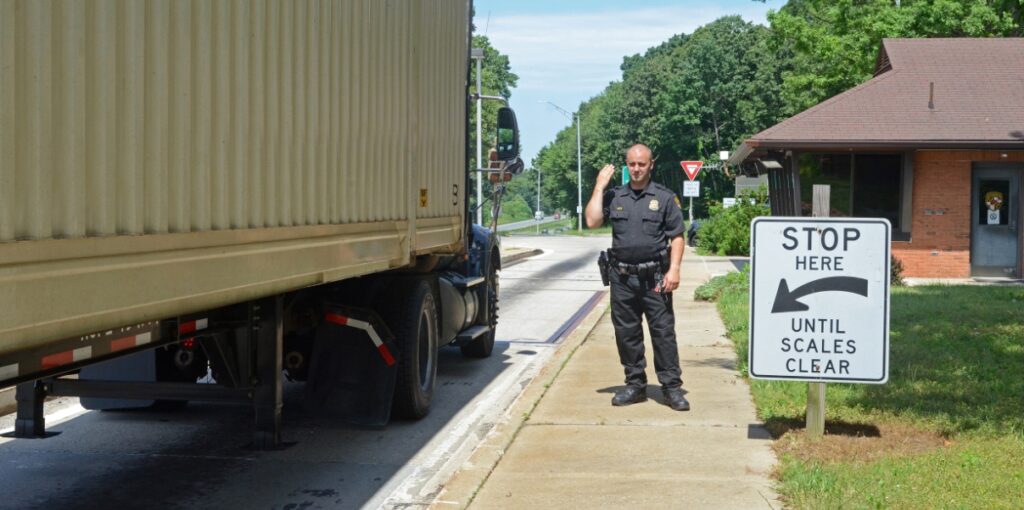A decision by the California supreme court could have a chilling effect on the owner-operator model in that state, and if appeals fail to reverse the decision, other states could go down the same path. So says Joe Rajkovacz, director of governmental affairs and communications for the Western States Trucking Association (WSTA).
In the spring of 2018, the California supreme court issued a final decision in the case of Dynamex vs. Superior Court of L.A. County. In that decision, the court held that owner-operators driving for Dynamex were misclassified as independent contractors and should have been considered employees of the company.
But some carriers have found a workaround. Their leased-on owner-operators are getting their own DOT authority. Then the carriers establish brokerage divisions to provide loads to those newly independent truckers.

Independent contractor or employee?
In the Dynamex case, California’s highest court also ruled that in future cases involving misclassification disputes, workers must meet three criteria to be classified as independent contractors:
- The worker must be free from control and direction of the hiring entity.
- The work performed must be outside the usual course of the hiring entity’s business.
- The worker must be engaged in an independently established trade, occupation or business.
That second requirement is virtually impossible for a trucking company to meet says Rajkovacz, because driving trucks is part of a trucking company’s core business. That’s why the Western States Trucking Association is appealing the court’s ruling.
“The trucking industry needs to put a stop to this,” said Rajkovacz. “If we don’t stop it here, it’s going to spread to the entire West Coast and beyond.”
The association has more than 6,000 members west of the Mississippi. Most of them are small fleets or single-truck owner-operators with their own authority.
Rajkovacz argues that the trucking industry has unique protections under federal law. He refers to the FAA Act of 1994, which prohibits states from passing laws that interfere with the prices, routes or services of any motor carrier involved in interstate commerce. That argument was used successfully in another recent ruling in which the DOT said that carriers do not have to comply with California’s meal and rest break laws.
How can carriers protect themselves?
In the meantime, Rajkovacz says some WSTA members are adjusting their operations and policies to minimize liability. One of the ways mentioned above: Add a brokerage to their operations, and then help their leased-on drivers get their own MC numbers.
“All it takes is one disgruntled driver to claim he’s an employee rather than an independent owner-operator, and a company could face a lawsuit,” Rajkovacz said.
Other WSTA members are hanging tight until the appeals process has run its course, which Rajkovacz estimates could take at least two years. Rajkovacz believes the case will eventually be decided by the U.S. Supreme Court.
For more information on the issue, see the Dynamex Decision page on the WSTA website.
Learn more about getting your carrier authority, broker authority, or both from DAT.


